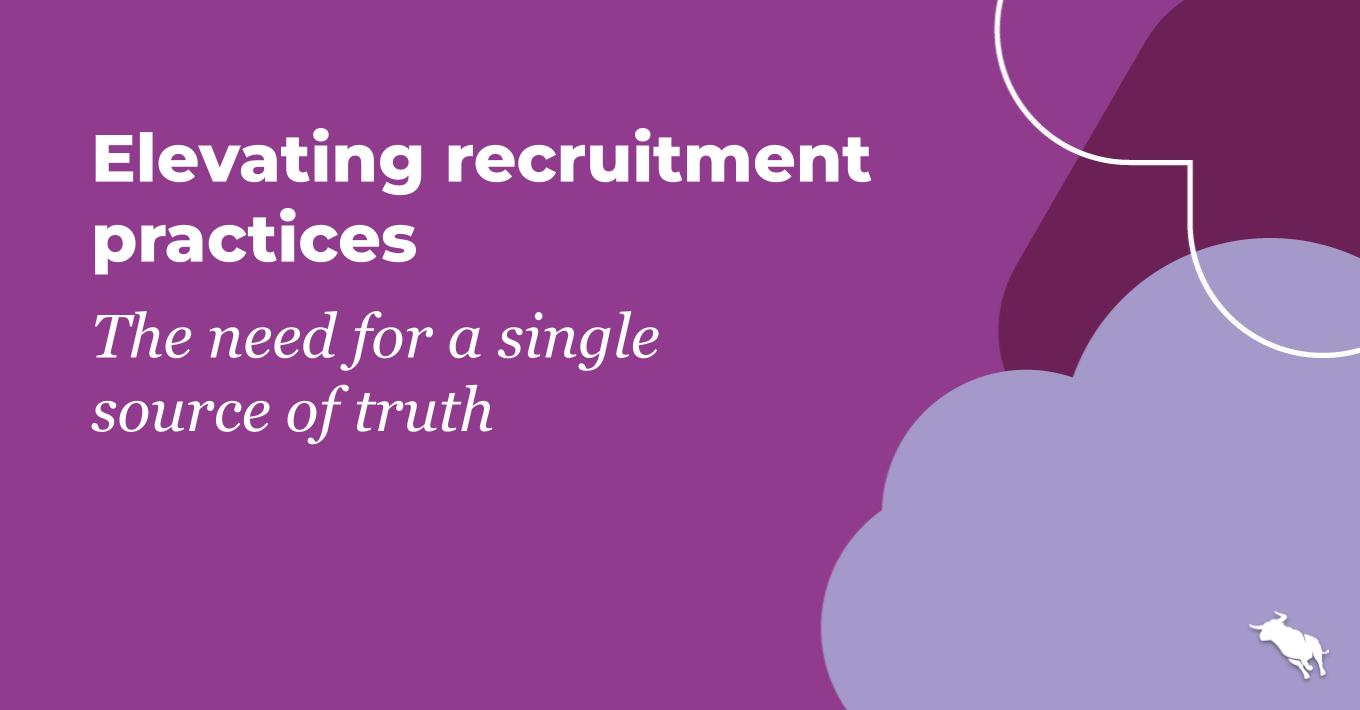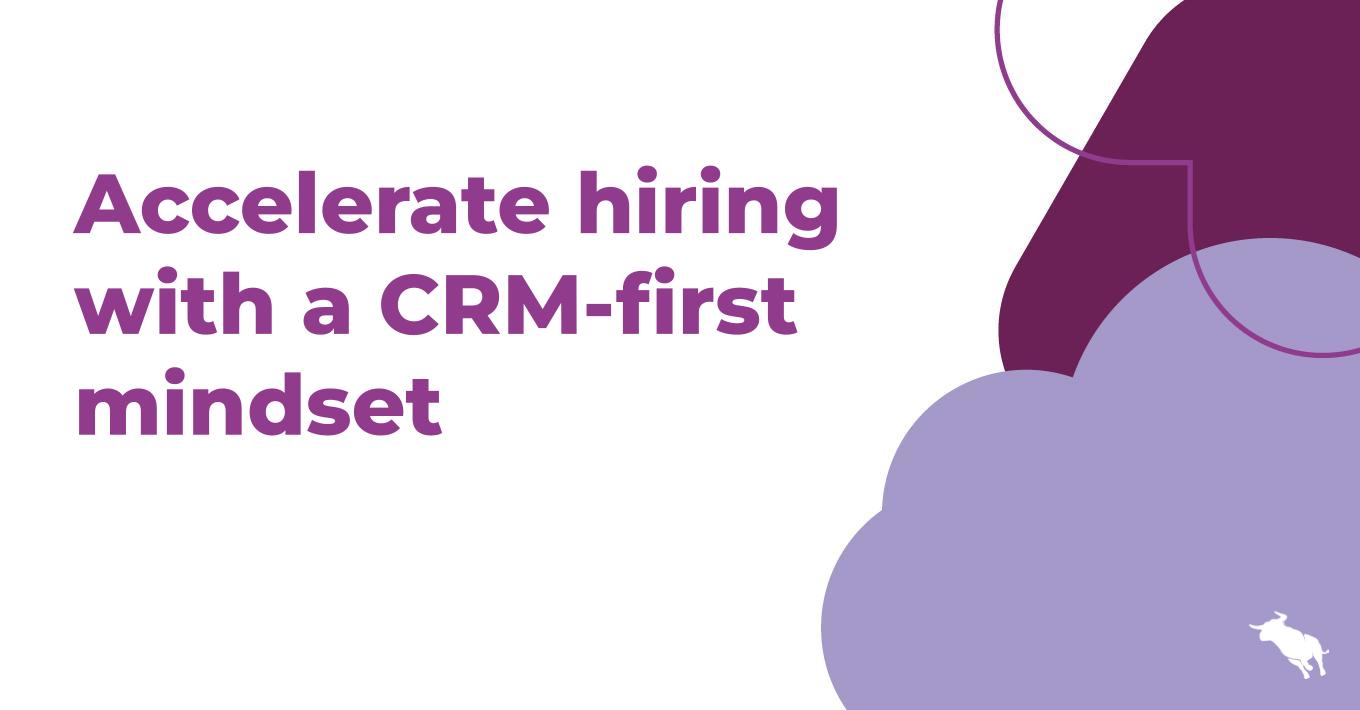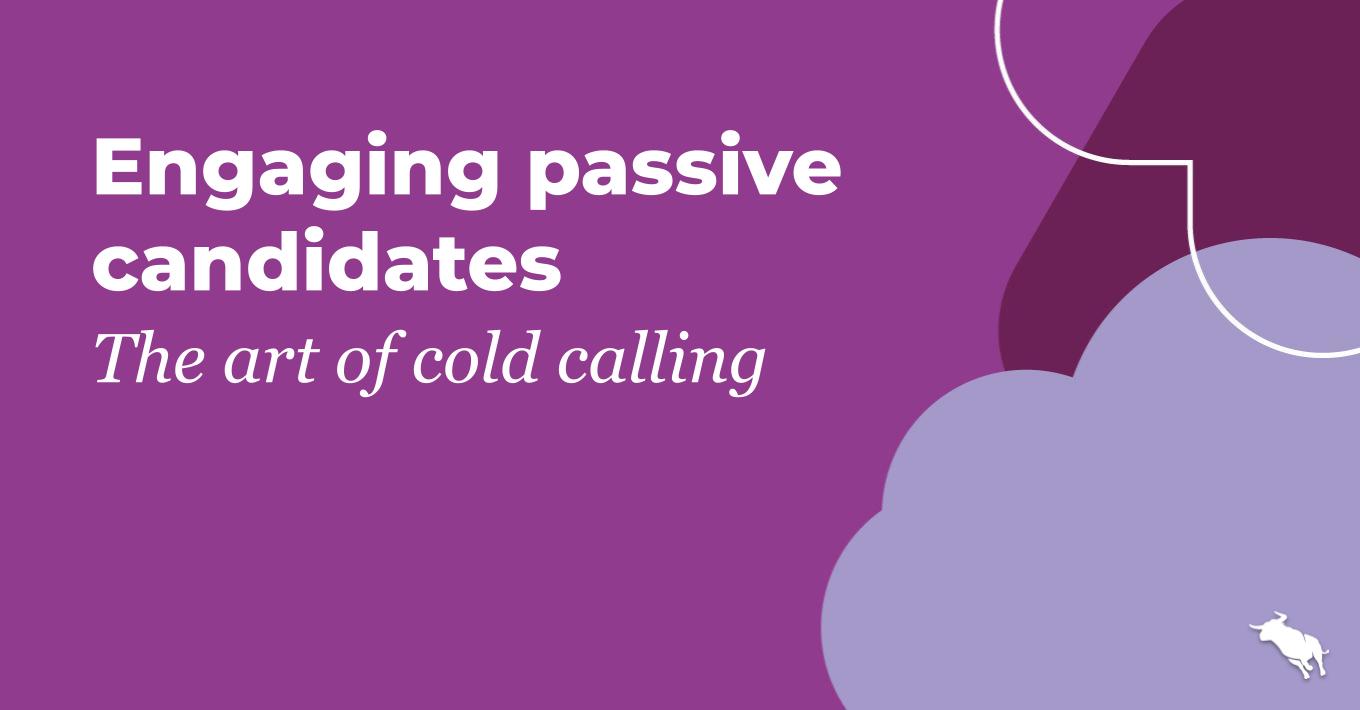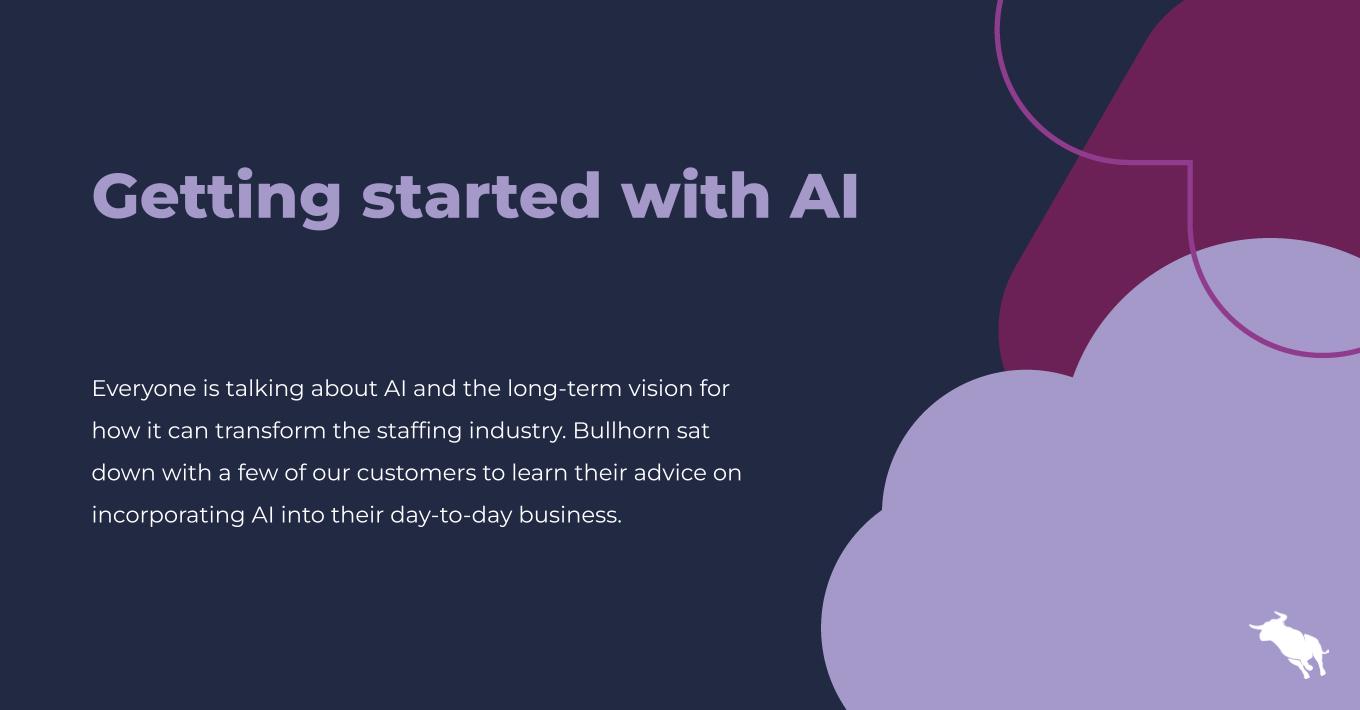Why Flexing the “Customer’s Always Right” Muscle Isn’t Necessarily Good for Your Business

It’s a well-known fact that if you’re the customer, you’re always right. Right? Right. You may recall yourself thinking, “We’re paying you, and that translates into you need to do everything I ask for.” You may have felt happy when you heard your vendor tell you, ”No problem, anything you’d like!” This mindset is indeed a prolific mindset: the customer is always right and, therefore, vendors should always do as customers ask.
Vendors should deliver great service and value to their clients. There’s no question about that. But the problem with today’s mindset is that it takes a lot more than pleasant customer service and a willing-to-do-whatever attitude to create true, sustainable business partnerships. If we work from the premise that sustainable business partnerships (which are likely based on a fair exchange of value) are a sensible goal, then the “customer is always right” is a mindset we might want to question.
Why Flexing the “Customer Always Right” Muscle isn’t Always a Good Idea
Your company likely has any of the vendors with whom you’re working because you need a certain know-how, expertise, capacity, or something else you may not have in-house. You select specific vendors deliberately based on one or more of those aspects, and you typically invest considerable resources with them over time.
What you put into your relationships with your vendors goes well beyond hard costs such as retainers, project pricing, implementation fees, and other monetary costs. Typically, you also invest significant time, brain power and human resources (sometimes at very senior levels) to scope and design your partnership, and then to establish and maintain these relationships.
Having a “customer’s always right” attitude and working with vendors who are not willing to challenge you, means you could miss out on the many benefits you could reap from their expertise. That ultimately devalues the relationship (and the expertise attached) that you’ve worked so hard to establish.
Without that true partnership, you’ll hear a senior leader saying something like, “What do these guys do for us? What are we getting out of them? Why are we even paying them?” or “They just don’t get it. All they do is ‘yes’ us and we’re not moving the needle.”
The cost of not creating a true partnership is simply too high. It’s in both your company’s and your own personal brand’s best interest to pick providers who have a true partnership approach mentality ingrained in their DNA, and who expect to work as a real extension of your team from the very start. A “yes” at the start of the engagement may feel really good, but if that’s all you get from your vendors, over time, you’ll be left without any true allies who’ll ultimately help drive your long-term success.
The Difference Between a True Business Partner and a Vendor: What They Will and Won’t Do
- Obsessed with your success: A true business partner is one who’s absolutely obsessed with your success – they’re not simply interested in your dollars. They know mutual success is about long-term sustainability.
- Honest and Direct: Good business partners won’t always say “yes.” They’re willing to be honest and direct. They’ll say “no” when you ask for something that won’t be in your best interest. And when they say “no,” they won’t simply stop there. Instead, they’ll share the rationale behind that “no” and find new, more impactful ways for you to achieve your goals.
- Transparency: Real business partners won’t have a bunch of hidden fees, and they won’t nickel and dime you every time you ask for something. Instead, they’ll price fairly, competitively, and transparently so you can be sure your partnership is sustainable, on both sides. They’ll say “no” to additional dollars if those dollars won’t ultimately help you achieve your goals or drive a positive impact, or if what you want to put more dollars toward will actually work against your goals or hurt your business.
- Challenging: It won’t always be comfortable to work with companies that act like true business partners. They’ll challenge your thinking so they can help you realize the best results possible. But they’ll always work with you to set clear expectations up front and manage those expectations throughout your engagement so they can wow you with near-impossible potential.
Will Your Partner Help You Be Successful?
To create collaborative and sustainable business partnerships with any of your vendors, it’s crucial to hold each other accountable for your mutual success.
Here are five key questions that’ll help you understand whether your partner is one who’ll ultimately help you achieve your goals:
- Do you feel your partner would turn down additional dollars you’d be willing to spend if they thought those dollars wouldn’t produce a return or make a positive impact for your business?
- Do you believe your partner will push back on you and they’re willing to say “no” when it’s in your best interest?
- Do you and your partner have a shared set of metrics from which you both operate (for example, have you agreed on what the success of a particular project will look like, or have you established shared rules of engagement)?
- Do you think your partner will honestly manage your expectations, even if you may not like what they have to tell you?
- Do you believe your partner values your success and the success of your company over anything else?
It’s time to transform the “customer always right” mindset and shift away from a willing-to-do-whatever service model in order to form better business relationships. The cost of acquiring and providing business services is high, and in today’s always-on, do-more-with-less world, companies can’t afford to waste time or money on low-impact, unsustainable relationships. Companies have to make sure every new business relationship is designed to thrive from the start. If you’re struggling to make the most of your relationships, challenge your vendors to up their game. And up your own game by expecting and requiring them to act as true business partners, not simply vendors.
Danielle du Toit is senior vice president, global customer success, for Bullhorn, a provider of cloud-based customer relationship (CRM) solutions for relationship-driven businesses. www.bullhorn.com.




